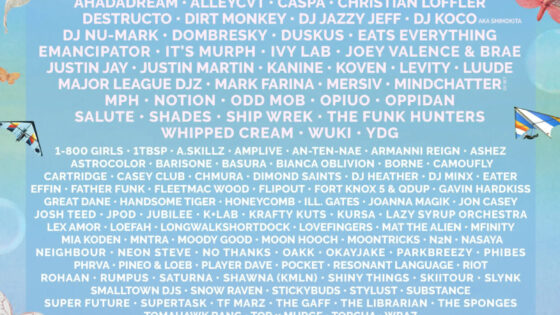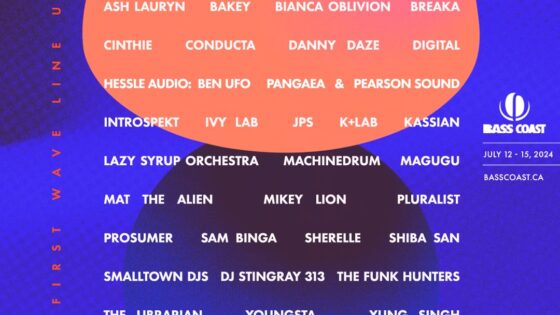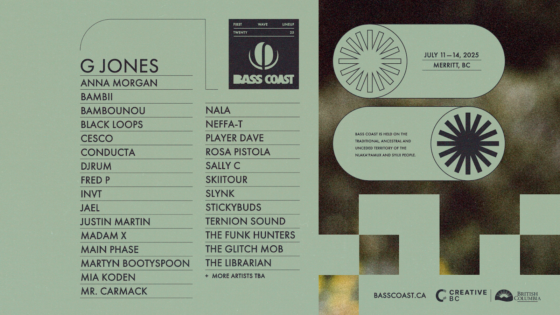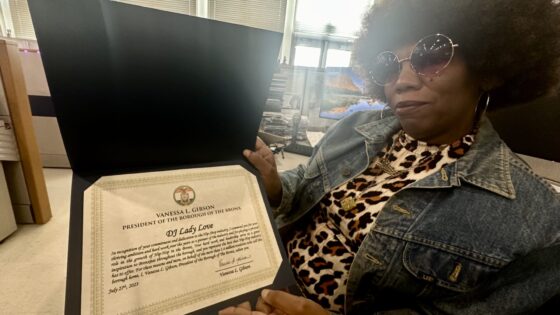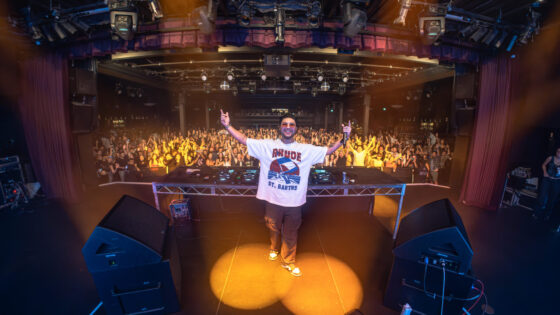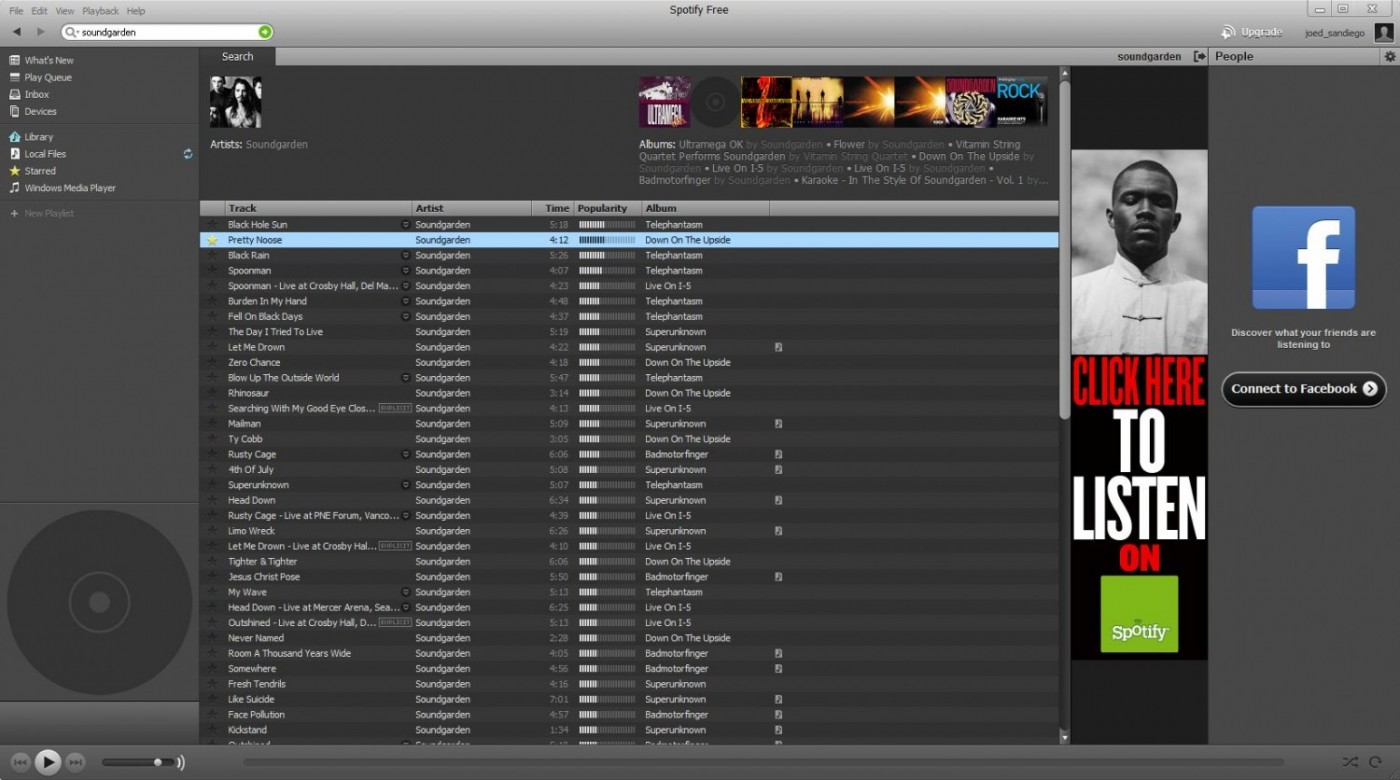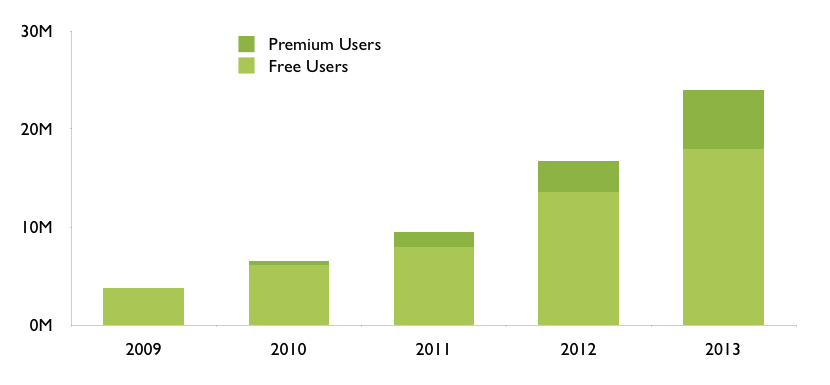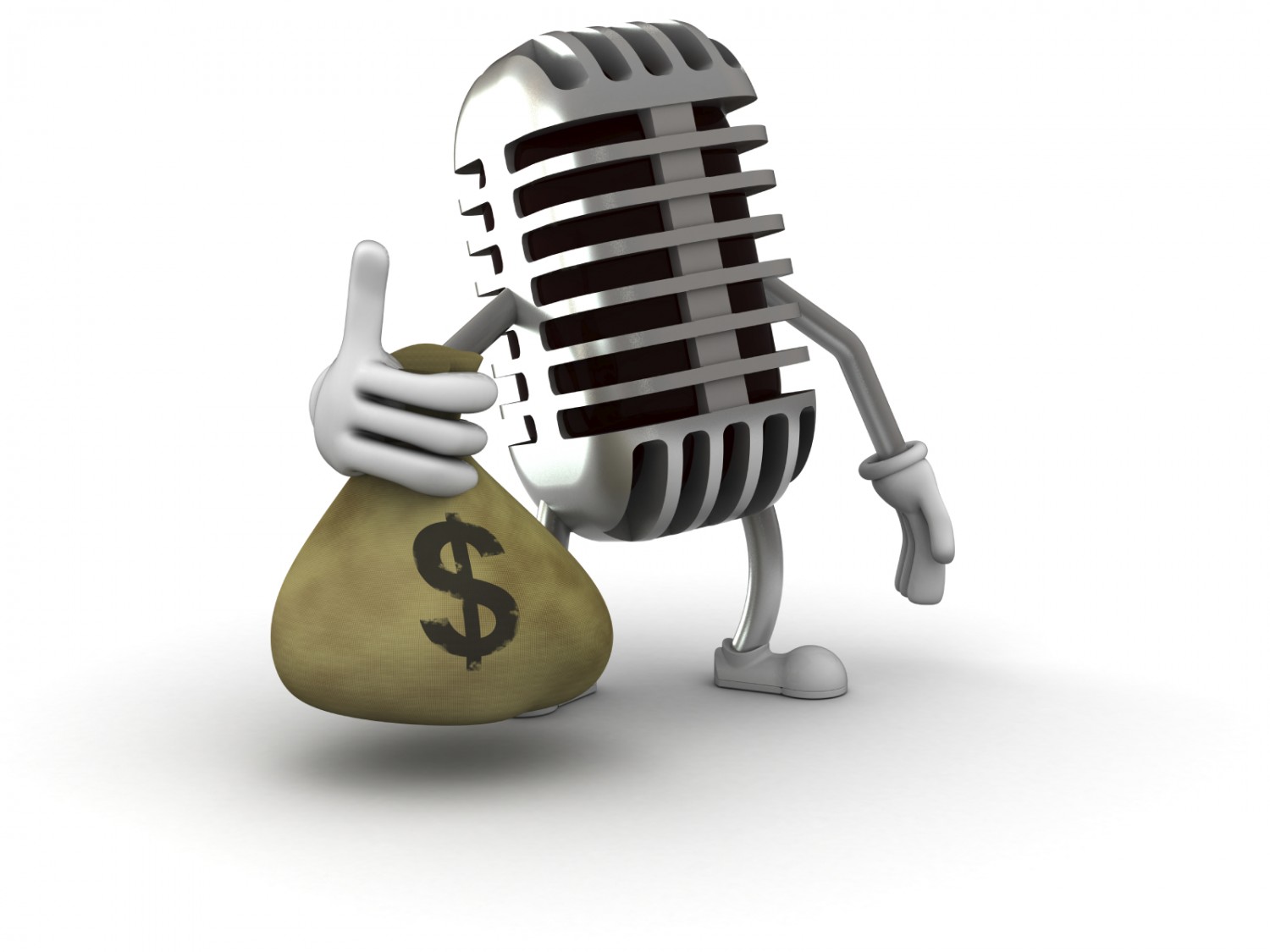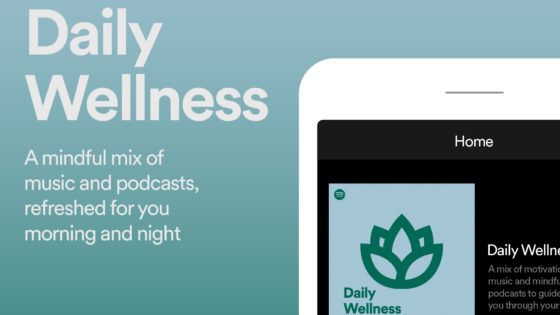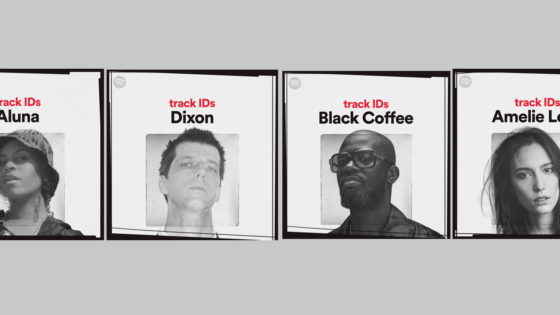The streaming music industry is alive and well; Spotify recently announced that it has enrolled 10 million subscribers. Yet Spotify sends 70% of its revenue to the recording companies in the form of royalties. As a result, this company, which you might think of as successful given its growth rate, actually has never turned a profit. Two Republican senators from Tennessee want to increase the royalty rate paid to songwriters, effectively knocking over an industry already on its knees due to over-regulation.
This is not the result of free-market negotiations with the composers and musicians, but of rules written by Congress. Congress created the Copyright Royalty Board to oversee the distribution of royalties for music. Currently, the CRB only considers four objectives in calculating rates: maximizing the availability of song uses; a fair return to the copyright owner and a fair income to the song user; and minimization of the disruptive impact on the structure of the industries involved. The new legislation aims to charge the CRB with replicating the rate levels that would be achieved in a market with a willing seller and a willing buyer.
The rate which is paid to a songwriter is 9.1 cents per recording of a song under five minutes in length (9.1 cents multiplied by the number of recordings made of a song). The more the music is produced, the more the songwriter gets.
Senators Lamar Alexander and Bob Corker, (from Tennessee, home of many industry heavy-hitters) have introduced a bill called the Songwriter Equity Act of 2014 to allow songwriters to earn fair market value for the songs that they write, rather than the rate dictated now.
What does this mean to the average listener? It means more royalties paid out. It keeps Spotify in a constant negotiations game, unable to turn a profit in what is widely considered the most important innovation in the music world since the mp3.
And why exactly should we be concerned? In a world where our music consumption habits are constantly changing, it’s essential that rules and regulations keep up. The laws that govern who makes what off of music are inhibiting growth where we need it most: in the innovative tools that allow us to openly listen and share.
Important things happen in Pacific Northwest nightlife, and DMNW will send you alerts!






